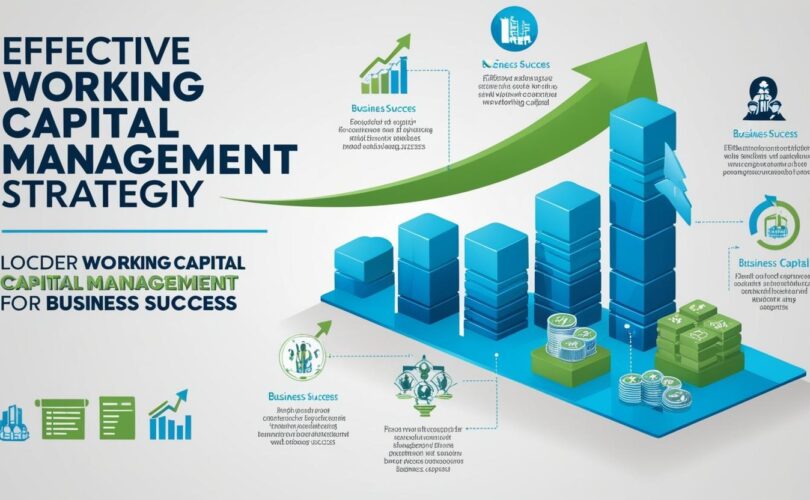Introduction
Effective management of working capital is crucial for the sustainability and growth of any business. It involves the efficient handling of a company’s short-term assets and liabilities to ensure that the business can meet its financial obligations and take advantage of new opportunities. With over 20 years of experience in management consulting, spanning various industries and geographies, I will outline the key strategies and skills necessary for managing working capital effectively.
Understanding Working Capital
Working capital is the difference between a company’s current assets and current liabilities. It reflects the company’s ability to meet its short-term financial obligations. As Peter Drucker once said, “The best way to predict the future is to create it.” In the context of working capital management, this means proactively managing your current assets and liabilities to create a stable financial future.
Problem-Solving and Analytical Skills
Effective working capital management starts with strong problem-solving and analytical skills. Consultants must be able to break down complex financial issues into manageable components, analyse data efficiently, and develop models to forecast future scenarios. For instance, using Excel to develop financial models can help identify valuable insights and evaluate various strategic options.
Client Relationship Management and Communication
Building strong relationships with clients is essential for understanding their specific needs and goals. This involves effective communication to ensure that the client’s situation and context are fully understood. Consultants must be able to direct their work in a way that is genuinely helpful to the client, even when navigating difficult updates or tricky scenarios.
Technical Skills
Technical proficiency is vital in working capital management. This includes skills in data analysis, financial modelling, and the use of consulting software tools like Excel, PowerPoint, and specialized analytics platforms such as Tableau and Power BI. These tools help consultants to organize, manipulate, and analyze vast sets of data efficiently, ensuring that recommendations are backed by robust data
Adaptability and Emotional Intelligence
Consultants must be adaptable to navigate rapidly changing environments and adjust to new challenges. Emotional intelligence is also crucial for building strong client relationships, resolving conflicts, and leading teams effectively. This adaptability and emotional intelligence enable consultants to manage the complexities of working capital management with ease.
Financial Acumen and Industry Knowledge
Understanding the financial side of businesses is non-negotiable for consultants. Financial acumen helps in comprehending the financial narratives that underpin business decisions, ensuring that solutions are not just theoretically sound but also practically applicable. Additionally, core knowledge of specific industries is essential for providing solutions that are tailored to the client’s sector.
Project Management and Collaboration
The success of working capital management often hinges on how effectively projects are managed from inception to delivery. This involves navigating through complexities, timelines, and diverse teams. Strong collaboration skills are essential for working closely with client teams and colleagues to reach shared goals. Effective project management ensures that recommendations are implemented successfully and that the client’s objectives are met.
Strategic Thinking
Strategic thinking is about seeing the big picture and aligning recommendations with the client’s overall strategy. It involves understanding the broader context of the business problem and developing long-term solutions. As Warren Buffett said, “Price is what you pay. Value is what you get.” In working capital management, this means focusing on the long-term value creation rather than just short-term gains.
Best Practices for Working Capital Management
– Cash Flow Management: Ensure that cash inflows and outflows are well-managed to avoid liquidity crises.
– Inventory Management: Optimize inventory levels to reduce holding costs and avoid stockouts.
– Accounts Receivable and Payable: Implement efficient collection and payment processes to minimize days sales outstanding and days payable outstanding.
– Short-Term Financing: Use appropriate short-term financing options such as lines of credit or factoring to meet immediate financial needs.
Conclusion
Managing working capital effectively is a multifaceted task that requires a blend of problem-solving, analytical skills, technical proficiency, adaptability, financial acumen, and strategic thinking. By mastering these skills and applying them in a client-centric manner, consultants can help businesses maintain a healthy financial position and drive long-term growth.
If you are looking for expert guidance on managing your working capital or any other business consulting needs, consider reaching out to Samunnati Ventures. With extensive experience across various industries and geographies, we are well-equipped to provide tailored solutions to help your business thrive.







